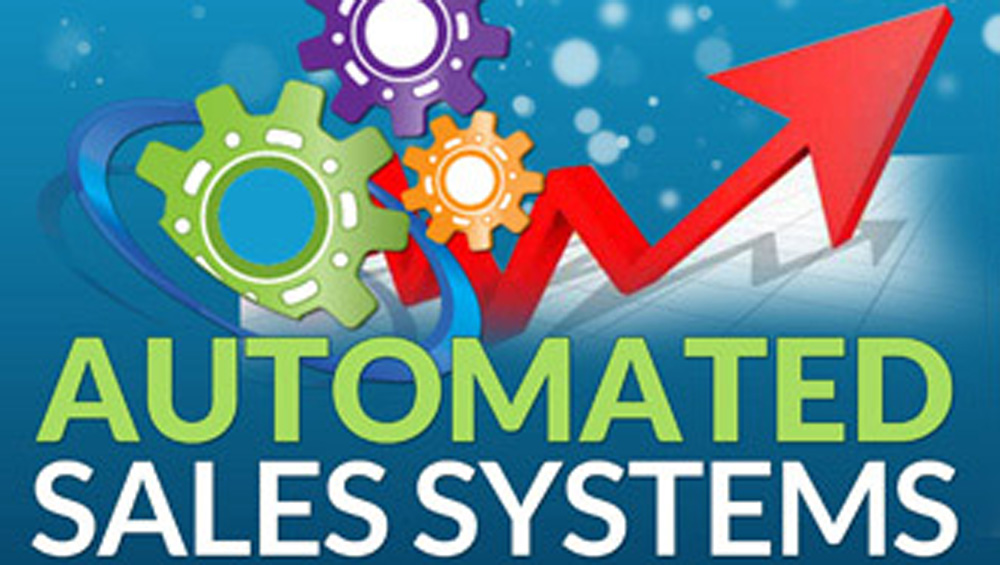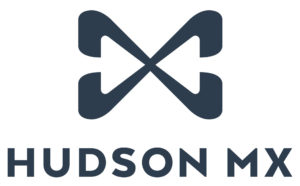
Hudson MX Tallies $2B+ In Local TV Sales

 The buy-side automated platform Hudson MX announced today that it has racked up more than $2 billion in local TV transactions over the first five months of this year. And according to its CEO, J.T. Batson, that’s a glimmer of even bigger things to come for full-year 2019.
The buy-side automated platform Hudson MX announced today that it has racked up more than $2 billion in local TV transactions over the first five months of this year. And according to its CEO, J.T. Batson, that’s a glimmer of even bigger things to come for full-year 2019.
“Our guess is six-ish,” said Batson, referring to $6 billion worth of transactions flowing through Hudson during the entire year.
To do that, Hudson has deepened its ongoing collaboration with the sell-side platform WideOrbit to provide agencies and local sellers — both stations and cable operators — with a tighter integration of their software systems for much faster transactions.
Combined, the two platforms allow for certain agreed-upon outcomes and makegoods based on basic demos or more granular audience-related data.
The alliance with WideOrbit isn’t exclusive, suggesting that other sell-side platforms like Videa could form closer ties with Hudson as well. “There are numerous other third-party technology companies that are also integrating,” Batson said, refraining from mentioning any names.
Given its success, observers say that Hudson has now become one of three major players in the automated spot business, alongside WideOrbit (which also handles trafficking data for the most TV stations in the U.S.) and Mediaocean (which supplies major media agencies with accounting and planning software functions).
Some suggest that Hudson MX may eventually usurp Mediaocean with its planning solutions that help agencies and advertisers transact. Although Batson said that isn’t his plan.
Regardless of whether that happens, there are station group executives who are concerned that the troika will collectively charge so much in fees — as data flows back and forth to complete a given deal — that it will undercut the potential benefits of automated spot sales.
The three platforms collectively charge stations about 3% of revenue, according to a source. And that comes on top of rep-firm fees that are typically in the 3%-5% range.
WideOrbit’s chief revenue officer, Mike Zinmeister, provides another perspective. “Compared with digital, we are dirt cheap,” he said, noting that in the digital realm, the “tech tax” for automated transactions is 25%-30%.
In contrast, the cost to transact using Hudson and WideOrbit is around 1%, split between buyers and sellers, he claimed. Adding in costs charged by players like Mediaocean or its competitor, FreeWheel, would increase the cost to less than 2% for buyers and sellers combined, or less than 1% for broadcasters alone.
Setting the fees aside, there is still plenty of work to be done. Sources say that Hudson needs to build out its stewardship functions, which will make the back-office workflow easier. And stations need to improve their own workflows and systems to transact with Hudson more easily.
So far, automated platforms haven’t increased broadcasters’ revenue or efficiency to a meaningful extent, observers say.
The very positive upfront negotiations for the networks, showing strong demand for national TV, haven’t been mirrored with a surge in sales locally. But this latest news and the ongoing efforts to make spot automation work could instigate a meaningful lift.
































Comments (0)